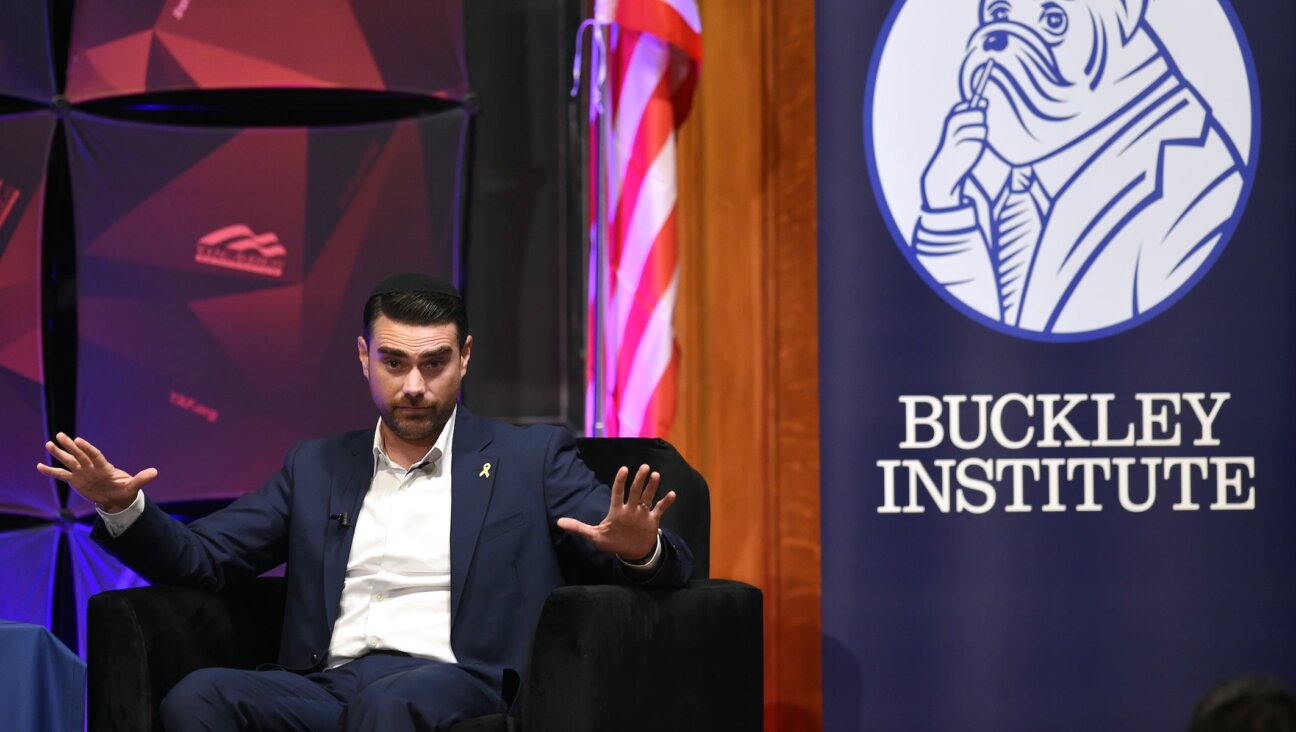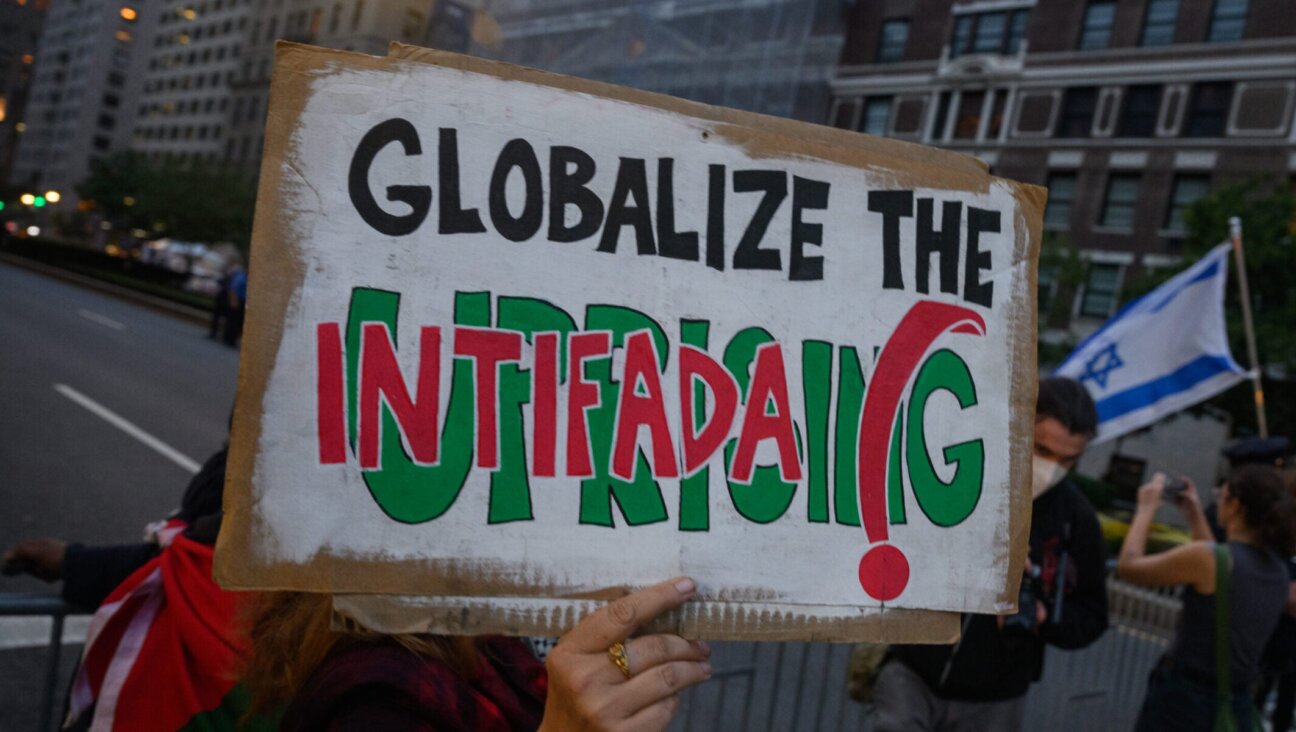Antisemitism Conference Loses Its Sharp Focus
Diplomatic efforts to fight antisemitism in Europe appeared to suffer a setback this week, as a region-wide conference drafted a declaration lumping the age-old prejudice with Islamophobia and racism.
Insiders said the draft declaration to be issued at the end of the meeting of the Organization for Security and Cooperation in Europe, in Cordoba, Spain represented a retreat from some of the progress made in recent years in getting European governments to focus on antisemitism as a discrete problem, apart from larger prejudice. A stand-alone conference on antisemitism in Berlin last year stressed the need for such a separate focus.
The organizers of the Cordoba conference agreed to have one day dealing with antisemitism and another focusing on other forms of discrimination. But because the conference will adopt only one declaration, the necessary issues will be conflated in the final document.
Still, some officials at nongovernmental organizations, including Jewish communal groups, expressed optimism that a compromise would be negotiated in the closing days, pointing out that language equating anti-Zionism with antisemitism agreed on at the 2004 Berlin conference would be repeated in the declaration.
Since the Berlin conference, the OSCE, which comprises 55 member countries, mostly in Europe but also the United States and Canada, has put in place a monitoring mechanism and appointed a special envoy to tackle antisemitism in Europe. It also has named a special rapporteur on Islamophobia and another one for other forms of discrimination.
Most OSCE countries had agreed that the Berlin meeting would be unique and aimed at sending a strong political message, and that further meetings would deal only with implementation.
However, Spain’s foreign minister, Miguel Moratinos, formerly the European Union’s special envoy to the Middle East, announced last year that Spain would host a high-profile follow-up OSCE conference in Cordoba — a town with an august history of religious tolerance — in an effort to keep the issue of antisemitism in the public eye.
As a result, many foreign ministers decided to attend the Cordoba parley. New York Governor George Pataki heads the American delegation.
Besides their concerns over the wording of the declaration, Jewish communal groups are calling on the OSCE to reappoint the special envoys, and they would like to see the special envoy on antisemitism work independently from his two colleagues.
They note that while European countries have shown a new willingness to deal with antisemitism, progress is slow.
According to a recent poll by the Anti-Defamation League, 43% of Europeans believe that Jews are not loyal to their country and some 30% believe Jews possess too much power in business and finance. The survey, conducted in 12 European countries, found that 53% of the 6,000 respondents say that their opinion of Jews is worse as a result of the actions taken by Israel.
















